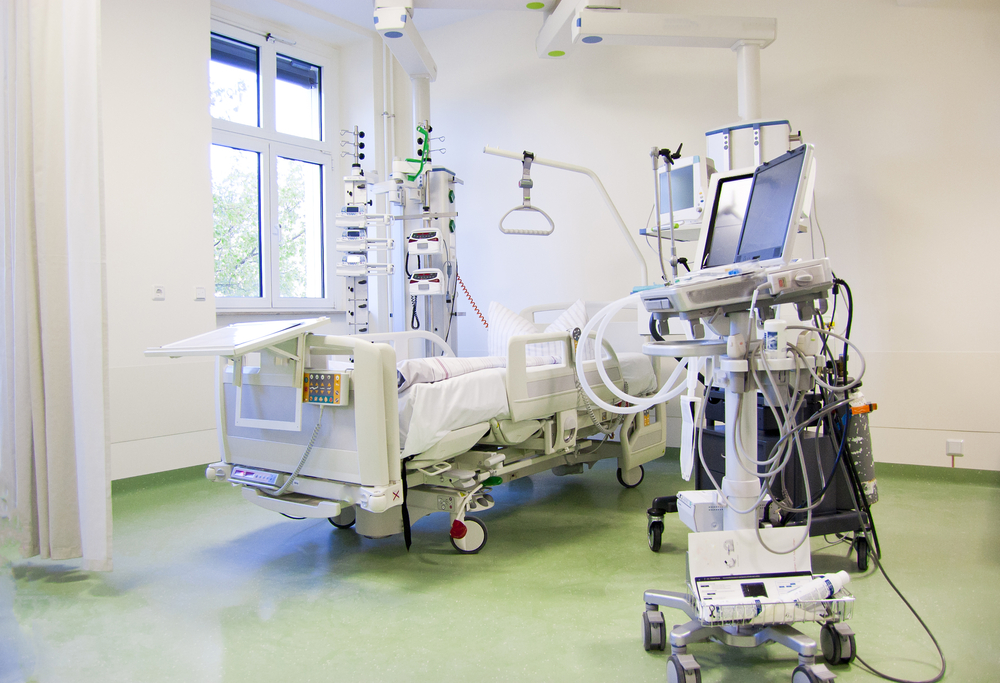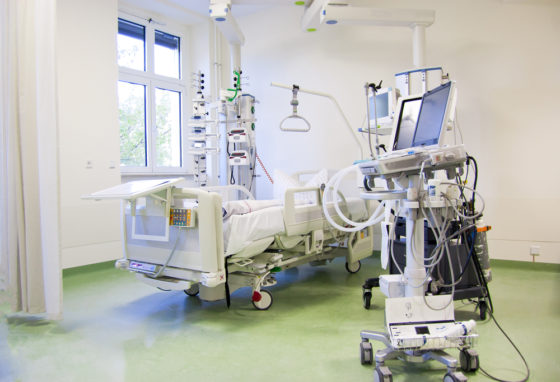IC departments ‘will struggle to cope’ with influx of coronavirus patients


Intensive care specialists at eight of the country’s largest hospitals have warned that their departments risk being overwhelmed if the government fails to curb the latest wave of coronavirus infections.
In an open letter to ministers, they called for booster vaccines to be offered to everyone over 40 and said the cabinet needed to take measures to bring down the rate of infection.
Prime minister Mark Rutte and health minister Hugo de Jonge will announce new restrictions at a press conference on Tuesday evening, after the number of positive tests reported per day rose quadrupled to more than 7,000 during October.
‘As the heads of adult intensive care departments at the university hospitals, we and our medical staff have done all we can for more than a year and a half to provide intensive care treatment for everyone who needed it,’ they said. ‘We are going to the media now because we are at breaking point.
‘We are calling on all Dutch people to do whatever they are a position to do to reduce the number of infections drastically. That goes for the cabinet and members of parliament, but also for all citizens.’
In the seven days the number of Covid-19 patients in hospital has increased by 50% from 748 to 1,122, while the number in intensive care has risen by 19% to 220.
Peter van der Voort, head of intensive care at Groningen’s UMC hospital, told Nieuwsuur that plans to increase the number of IC beds to 1,350 were unrealistic because of a shortage of staff.
‘That means raising the number of beds per IC nurse from one or two to three or four, which inevitably diminishes the quality of care and increases the risk of bigger problems. It’s dangerous for patients,’ he said.
Heart surgeons also said at the weekend that 4,000 patients whose operations had been postponed during the pandemic faced further delays because of the rising number of coronavirus patients in intensive care.
‘That means heart surgery has to “compete” on a one-to-one basis with other treatment that requires intensive care, such as care for coronavirus patients,’ said Jerry Braun, chair of the thoracic surgeons’ association NVT.
‘Delays or the fear of delay also means more stress for heart and vascular disease patients, sometimes with disastrous results. For many heart and vascular patients, the earlier we can detect and treat problems, the better their quality of life.’
Thank you for donating to DutchNews.nl.
We could not provide the Dutch News service, and keep it free of charge, without the generous support of our readers. Your donations allow us to report on issues you tell us matter, and provide you with a summary of the most important Dutch news each day.
Make a donation